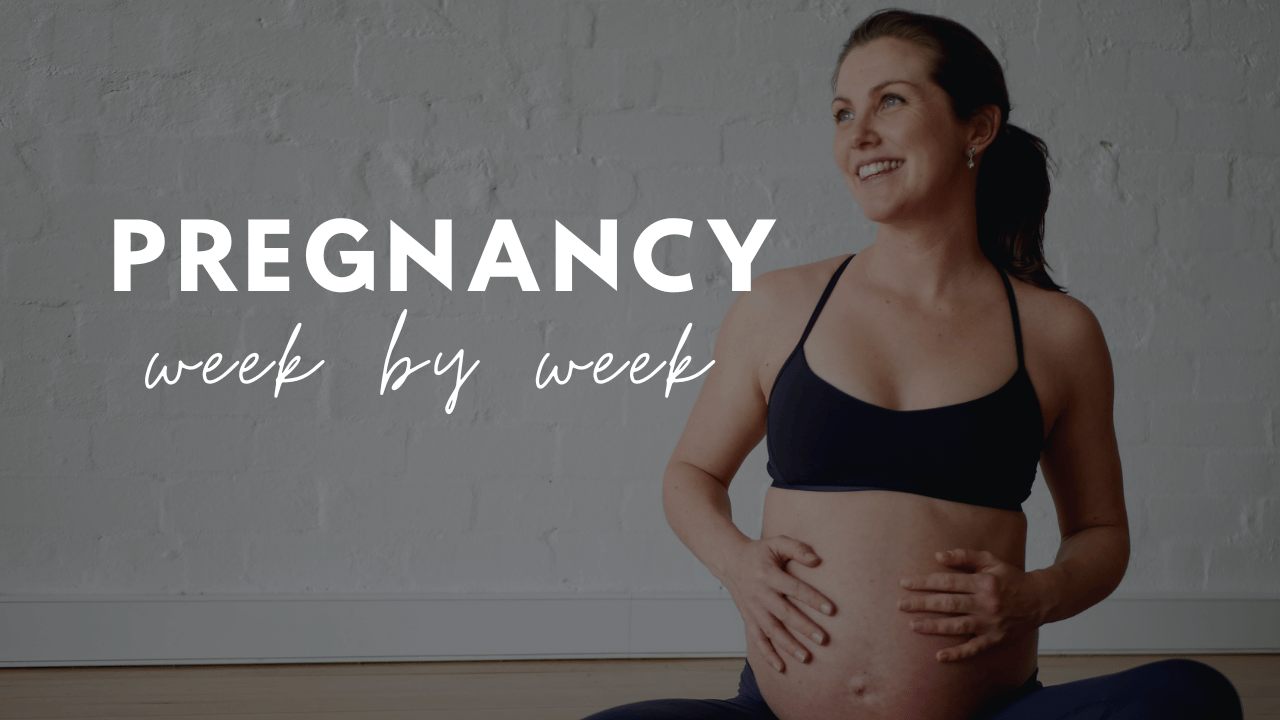How Chemicals Affect Fertility (Surprising Results!)

How Chemicals Affect Fertility
In this eye-opening post, we delve into the impact of toxic chemicals on fertility. Are the everyday products in your life harming your chances of conceiving?
Join us as we explore the potential dangers lurking in your home and environment.
Learn how to protect yourself and your loved ones from these harmful substances, and discover ways to promote a healthier, toxin-free lifestyle.
Don't let toxic chemicals jeopardize your fertility - empower yourself with knowledge and take control of your reproductive health today.
Everyday Items Can Be Toxic
There has been more recent evidence stating the link between toxic chemicals in your every day beauty, cooking and household items that could be making it more difficult for you to get pregnant.
I have written posts previously about BPA and the dangers of perfluoroalkyl substances, or PFAS. These chemicals can linger in the environment for thousands of years and have been linked to infertility.
This most recent evidence comes from a study by American and Singaporean researchers who suggest that the impact of PFAS on fertility could be even greater than suspected.
What they discovered was that women with several types of PFAS in their blood who were trying to conceive had an up to 40 per cent lower chance of getting pregnant.
Steer Clear of Chemicals
As a result of this research; scientists said the results should serve as a warning to women wanting to have a child to steer clear of the chemicals which are added to everything from cookware, clothing, and makeup for their stain and water resisting properties.
Research author Dr Damaskini Valvi said their study was one of the first to suggest that the chemicals could damage the fertility of even healthy women.
Are you struggling to conceive?
Have you ever considered that toxic chemicals in your everyday life could be the culprit? Research has shown that exposure to certain chemicals found in plastics, pesticides, and household cleaning products can have a detrimental effect on fertility.
These toxic chemicals, known as endocrine disruptors, can interfere with the body's hormonal balance, leading to reproductive issues in both men and women.
For women, exposure to these chemicals can disrupt ovulation, implantation, and embryo development. For men, it can affect sperm quality, count, and motility.
Unfortunately, many of these chemicals are found in products we use daily, from our food containers to our personal care items.
So, what can you do to protect yourself and improve your chances of conceiving?
Start by choosing products that are labeled as "green" or "eco-friendly," and opt for organic foods whenever possible.
Additionally, try to reduce your use of plastic containers and switch to glass or stainless steel alternatives.
By making small changes in your lifestyle, you can minimize your exposure to toxic chemicals and increase your chances of starting a family.
Avoid Hormone-Disrupting Chemicals
1. Dust and vacuum often
2. Wash your hands
3. Turn up your nose at fragrances
4. Think twice about plastics
5. Say 'no can do' to cans
6. Watch what you eat
7. Filter your tap water
What are 'forever chemicals'?
'Forever chemicals' are a class of common industrial compounds that don't break down when they're released into the environment.
Humans are exposed to these chemicals after they've come in contact with food, soil or water reservoirs.
These chemicals (PFAS) are added to cookware, carpets, textiles and other items to make them more water- and stain-repellent.
The chemicals have been linked to an increased risk of birth defects as well.
In their study, American and Singaporean researchers analysed blood samples taken from 1,032 women.
All of them were trying for a baby and had an average age of 30, with samples taken between 2015 and 2017.
Researchers analysed the samples for 15 specific kinds of PFAS and then followed each woman for at least one year to see if she successfully conceived.
PFAS
The researchers, from the Mount Sinai health organisation in New York, found higher PFAS exposure was linked to reduced odds of having a baby.
This was true for both individual types of PFAS and when their effects were combined.
Studies have also suggested they damage the immune system and raise the risk of birth defects.
Protect Yourself
The best way to protect yourself is to choose fresh fruits and vegetables. Fresh food items not wrapped in plastic. Always choose a BPA free water bottle. And read the labels on all packaging.
Exposure to various chemicals is a reality we all face every day, and it's crucial to understand how they impact our reproductive health. These chemicals can affect not only our ability to conceive but also the health of our offspring.
It's a topic that's often overlooked, but it's essential to bring it to the forefront of our conversations about health and wellness.
Chemicals are everywhere, from the air we breathe to the products we use in our daily lives. We owe it to ourselves to learn more about their effects on our bodies.
Understanding how chemicals affect fertility is crucial for making informed decisions about our health.
Endocrine Disruptors
Some chemicals, known as endocrine disruptors, can mimic or interfere with the body's hormones. This can lead to a range of reproductive issues, including hormonal imbalances, miscarriages, and birth defects.
It's alarming to think that the products we use every day could be contributing to these problems.
Endocrine disruptors are just one type of chemical that can affect fertility, but they're not the only ones. We need to take a closer look at the other culprits and how they impact our reproductive health.
It's a Widespread Issue
The more we learn about the effects of chemicals on fertility, the more we realize how widespread the issue is.
From personal care products to plastics and pesticides, there are numerous sources of chemicals that can affect our reproductive health.
It's not just about the individual products themselves, but also how they interact with our bodies and the environment. We need to consider the cumulative effect of these chemicals and how they contribute to the larger problem.
Men are also Affected
The impact of chemicals on fertility is not limited to women; men are also affected. Exposure to certain chemicals has been linked to decreased sperm quality and quantity, as well as an increased risk of testicular cancer.
It's essential to recognize that fertility is not just a women's issue, but a public health concern that affects us all.
Types of Chemicals
Moving on, let's explore the different types of chemicals that are known to affect fertility. One of the most common culprits is phthalates, a chemical found in many personal care products like shampoos and cosmetics.
Phthalates
Phthalates have been shown to interfere with hormone production, leading to reproductive issues.
Another type of chemical is parabens, which are often used as preservatives in food and beauty products. Parabens have also been linked to hormonal imbalances and reproductive problems.
Bisphenol A
Bisphenol A, or BPA, is another chemical that's gained a lot of attention in recent years. BPA is commonly found in plastics and canned goods, and it's been shown to mimic the effects of estrogen in the body.
This can lead to a range of reproductive issues, including hormonal imbalances and infertility. It's alarming to think that something as mundane as a plastic water bottle could be affecting our reproductive health.
Pesticides are another type of chemical that can affect fertility.
Many pesticides have been linked to reproductive problems, including birth defects and hormonal imbalances. It's not just about the pesticides themselves, but also how they interact with our environment and our bodies.
The cumulative effect of these chemicals is what's most concerning.
Studies
Recent studies have revealed some shocking findings about the impact of chemicals on fertility.
One study found that women who worked with pesticides had a significantly higher risk of miscarriage and hormonal imbalances.
Another study discovered that exposure to BPA during pregnancy led to changes in the development of the fetus.
These studies are just a few examples of the mounting evidence that highlights the importance of taking action to mitigate the effects of chemicals on our reproductive health.
The evidence is clear
Chemicals are having a significant impact on our reproductive health. It's not just about individual products or chemicals, but about the cumulative effect of our daily exposure to these substances.
We need to take action to reduce our exposure and protect our bodies.
By making informed choices about the products we use and the food we eat, we can reduce our risk of reproductive problems.
To wrap up, we've learned that chemicals have a surprising impact on fertility, and it's essential for everyone to be aware of the risks.
By understanding how chemicals affect our reproductive health, we can take steps to mitigate these risks and protect our bodies.





